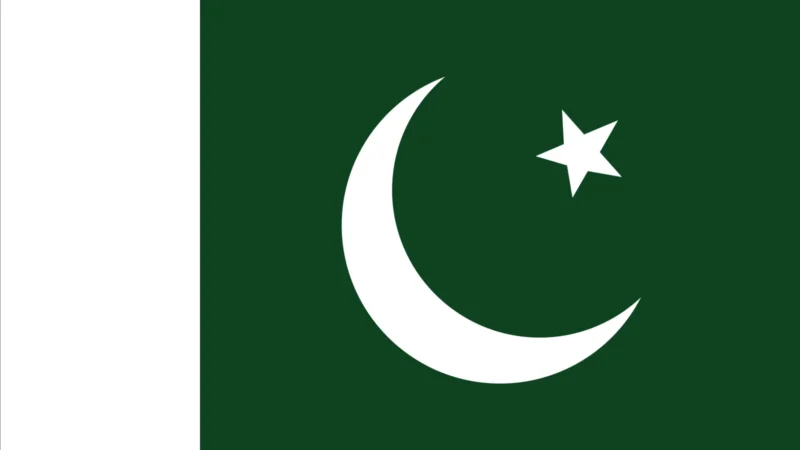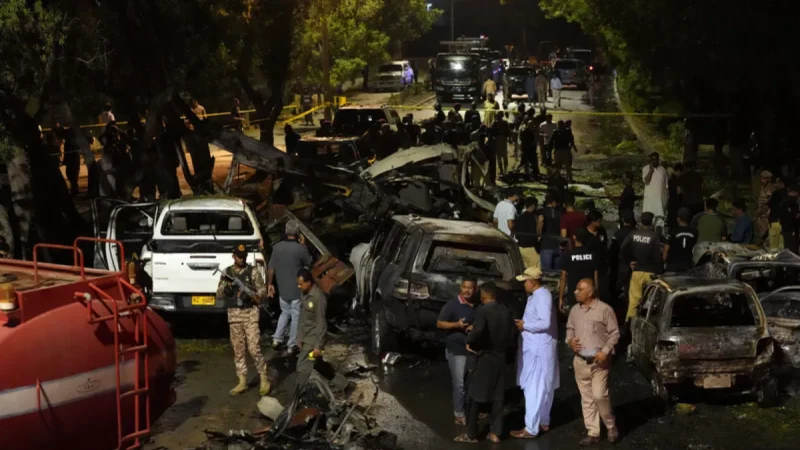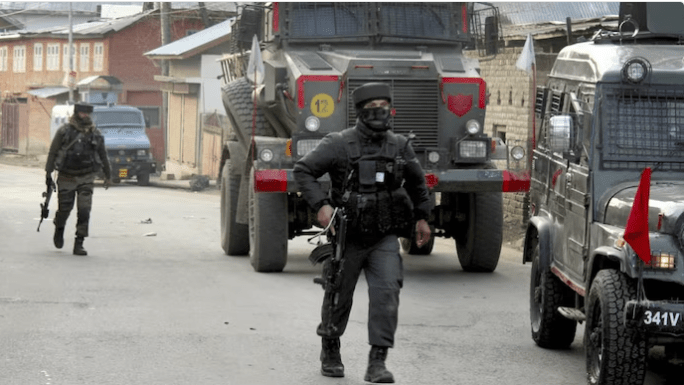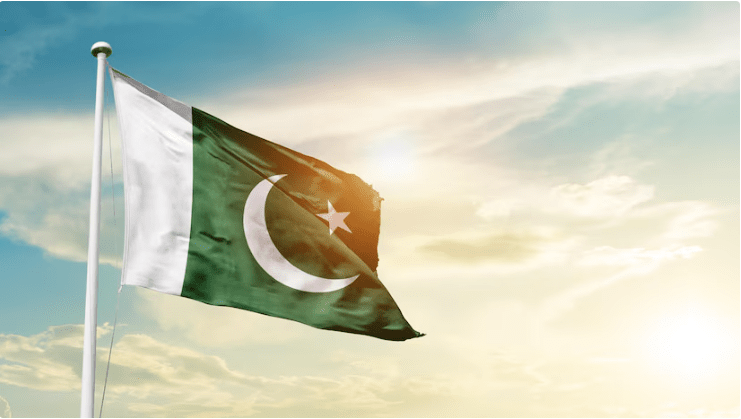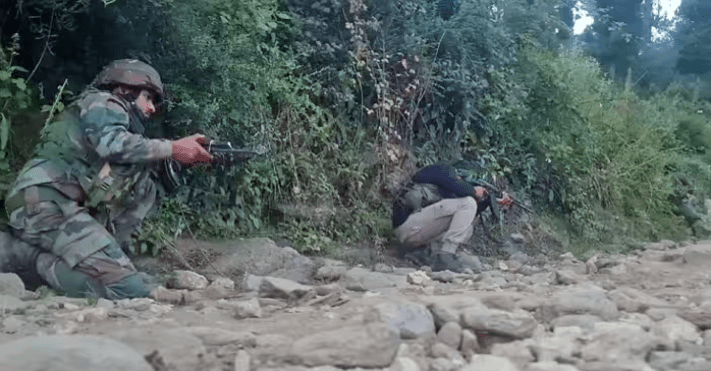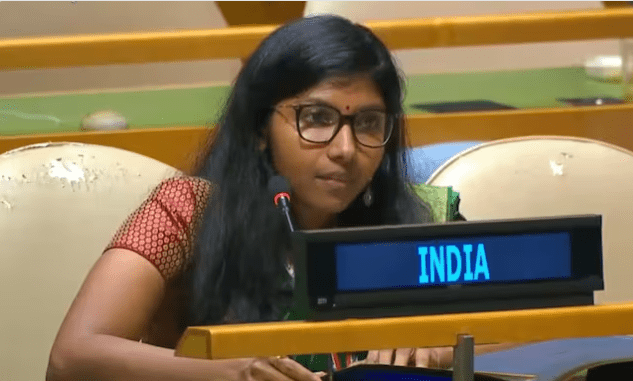Iran-Pakistan conflict: See how the US, China, and India are responding
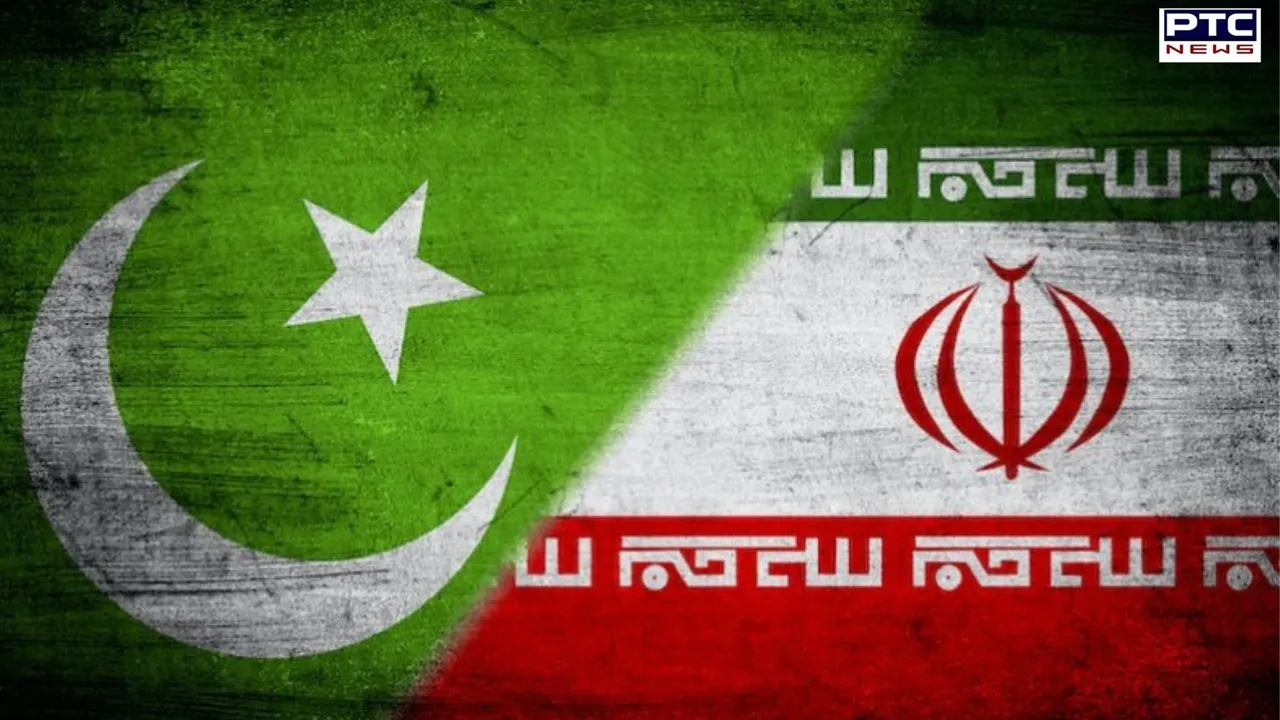
The Middle East is once again caught in the throes of conflict as Iran and Pakistan engaged in airstrikes, resulting in at least 11 reported casualties. This latest development follows a series of recent violent events in the region, including Israel’s conflict with Gaza and Houthi militia attacks on Red Sea commercial ships.
Casualties and Targets
Iran reported nine deaths, including four children, while Pakistan confirmed two deaths, both children, after the two nations claimed to have struck ‘terror groups’. Tehran targeted camps operated by terrorist group Jaish al-Adl while Islamabad launched attacks on Pakistani-origin terror groups in Baluchistan province along the shared border.
Regional Escalation
Beyond the Iran-Pakistan conflict, Iran extended its military actions with missile-and-drone attacks on Iraq and Syria. In response, the United States conducted additional strikes against Houthi targets in Yemen. Pentagon officials revealed the destruction of Houthi missile stocks, which could have threatened shipping routes in the Red Sea.
International Reactions
United States: The US State Department criticised Iran for violating the sovereign borders of three nations within 48 hours. State Department spokesperson Matthew Miller questioned Iran’s actions, citing its contradictory stance as a leading funder of regional terrorism while claiming to counter terrorism.
China: China, maintaining a neutral stance due to its ties with both Iran and Pakistan, called for de-escalation and regional peace. Foreign Ministry spokesperson Mao Ning urged both sides to avoid actions that escalate tension, emphasising the need for joint efforts to maintain peace in the region.
India: India, while maintaining a ‘zero tolerance’ stance towards terrorism, distanced itself from the conflict, asserting that the matter is between Iran and Pakistan. Foreign Ministry spokesperson Randhir Jaiswal underlined India’s uncompromising commitment to countering terrorism, but acknowledged the right of nations to take actions in self-defense.
Statements from Iran and Pakistan
Pakistan justified its airstrikes, code-named ‘Marg Bar Samachar,’ as “specifically targeted precision military strikes against terrorist hideouts.” Islamabad expressed longstanding concerns about safe havens for Pak-origin terrorists within Iran’s ungoverned spaces, citing a lack of action that allowed these groups to harm innocent Pakistanis.
Iran’s Foreign Minister, Hossein Amir-Abdollahiah, clarified that the strikes targeted an “Iranian terrorist group” and emphasised that no nationals of Pakistan were harmed. Both nations exchanged affirmations of “brotherly” friendship, leaving room for diplomatic resolution.
Hope for Diplomatic Resolution
Despite the heightened tensions, both Iran and Pakistan have conveyed hopes for a swift resolution without further bloodshed. The situation remains fluid, with the international community closely monitoring developments in the already volatile Middle East.

